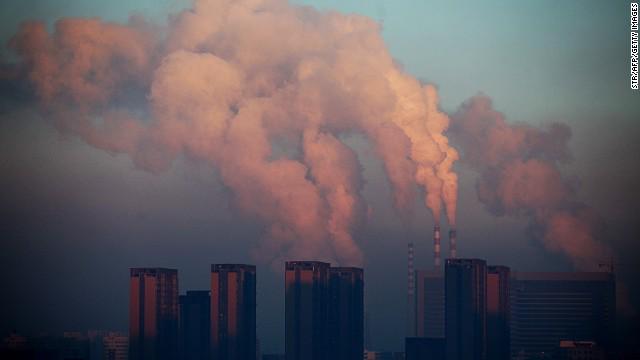The World Health Organization’s (WHO) first global health and climate change conference, which took place in Switzerland at the end of August, addressed the vast global health implications of climate change.
The WHO’s warning message that climate change is to be humanity’s largest global health threat in the 21st century is receiving backing from many health and climate professionals.
World Health Organisation Global Health Findings
The WHO claims that greenhouse gas emission and climate change is already taking its toll on human lives and is killing tens of thousands of people each year and that this phenomenon is going to increase over the next few years. Extreme weather events from hurricanes, droughts, floods and forest fires that are associated with climate change and global warming are on the rise around the world. Not only do these extreme weather patterns present a direct threat on human safety but in developing nations, where food security is an increasing issue, these events pose a threat in terms of malnutrition. Crop failure to due unexpected weather leaves behind a population that must struggle to find enough food until the next crop can be sown. If food aid cannot be delivered sufficiently, then climate change takes even more human lives.
To add another layer of trouble to an already complex and urgent issue, rising global temperatures which are associated with climate change, are linked with the increased spreading of diseases such as malaria. Mosquitoes, which are often responsible for the spreading of diseases like malaria thrive in warmer conditions and as the planet heats up, the global habitat range where this insect can live increases as well.
Air pollution, which also contributes to climate change through NOx and SOx emissions, has been taking human lives and worsening the respiratory health of humans all of the world for decades already. Toxic airborne particulate matter from the burning of fossil fuels has been linked to global health issues including increases in asthma. It is estimated that air pollution killed 7 million people in 2012.
The WHO has recently released a report estimating that a quarter of a million people will die every year due to climate change between 2030 and 2050. In addition, global health costs are approximated to increase to $4.5 billion annually by 2030. These disturbing figures are motivation enough to take a stronger stand against policies and activities which contribute to climate change. The link between climate change and health has been made clear and is attracting the attention of many more people now that climate change isn’t ‘just an environmental issue’.
So what are some things that you can do to help protect your health, and the health of the world’s most vulnerable populations to climate change? Opting to cycle as your mode of transportation is a great method to promote global healthy habits while reducing your contribution to climate change. Another tip is to avoid breathing in exhaust from vehicles as much as possible, whether it be walking in a park instead of near a roadway or sitting indoors in a restaurant to avoid a terrace next to a busy road. Finally, by choosing to eat local foods, you reduce the demand for food to be imported from countries that may be struggling to feed themselves and may be experiencing high rates of malnutrition. For further health and fitness tips visit Australian Gym Guide.



